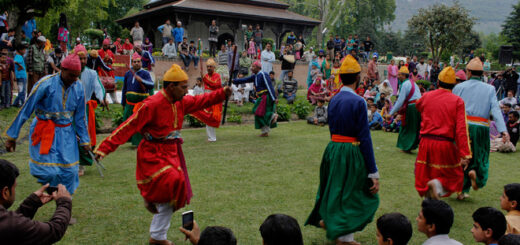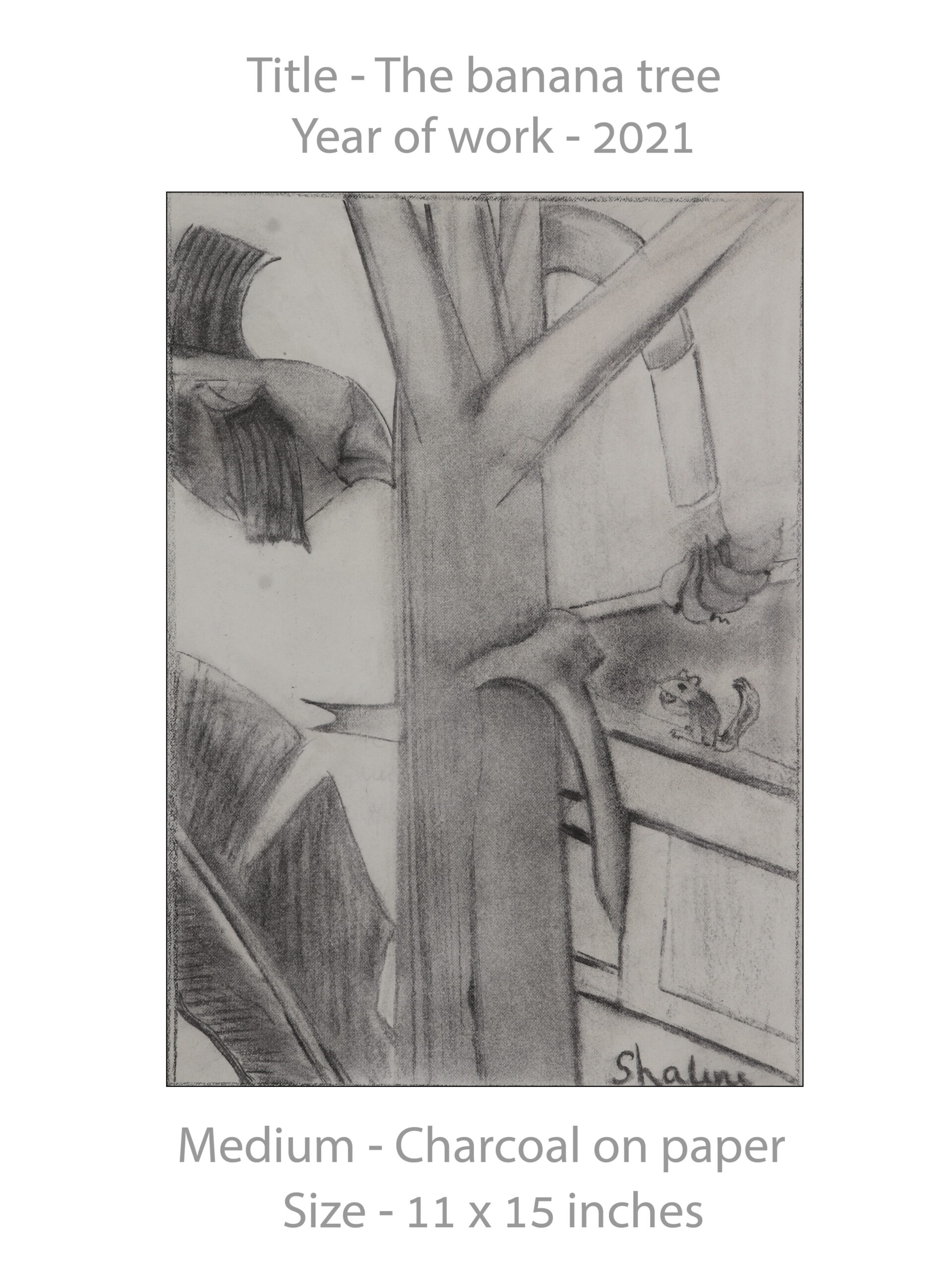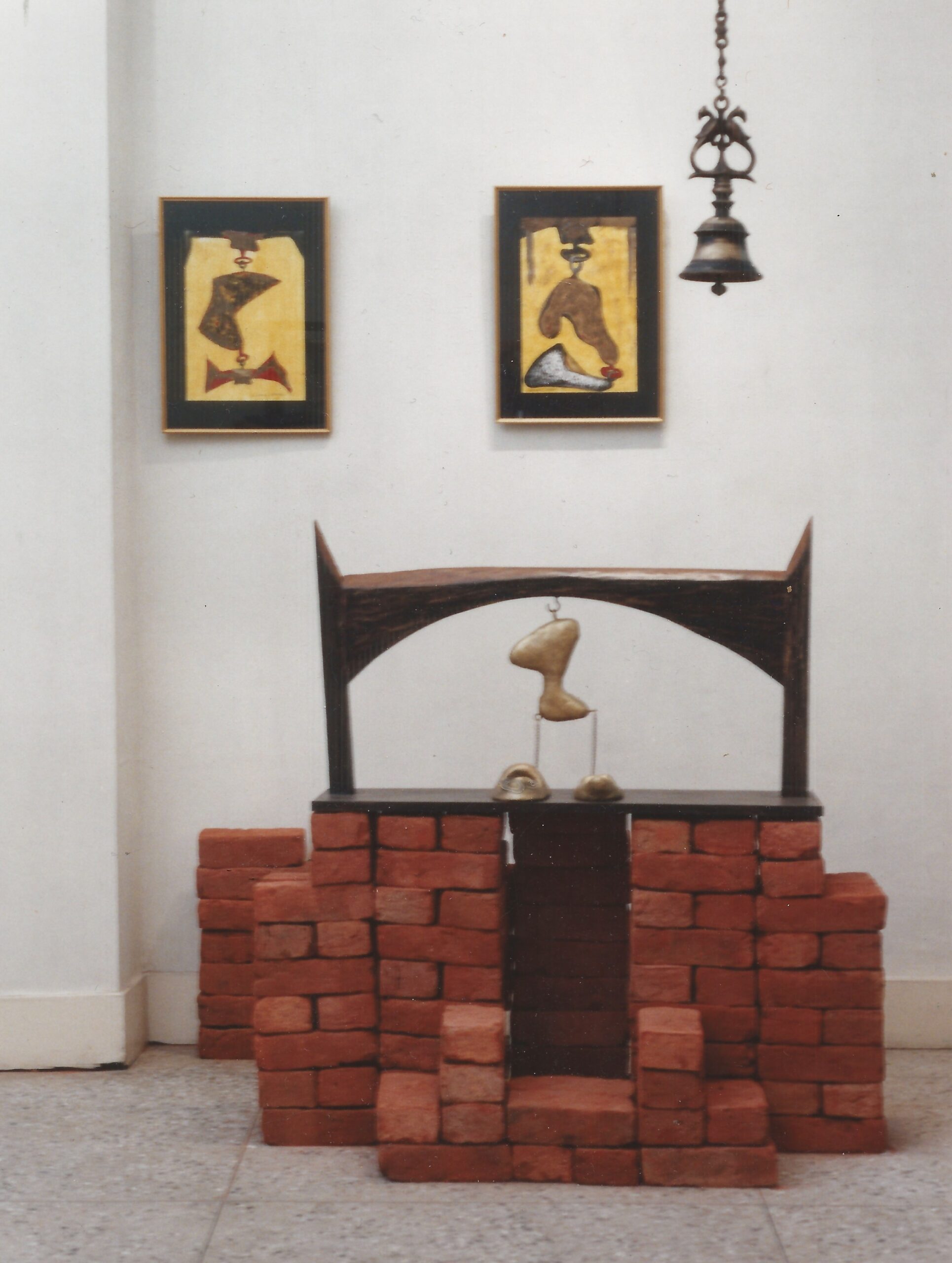AN ENEMY OF THE PEOPLE
The Play
Dr. Stockmann discovers that the source of drinking and spa water is riddled with pathogenic micro-organisms, caused by industrial effluence. Stockmann wants to publish the findings in the newspaper and demands that the city council re-route the water pipes. Influential citizens and local journalists promise their support. However, his brother Peter, the councilor of the city, raises some serious concerns. The economic prosperity of the spa town will be threatened and the citizens will have to bear the brunt of the high repair costs. Suddenly the support for Stockman from the town’s policymakers begins to wane. They spread seeds of doubt about his plans and try to cover up the fact of the contaminated water. But Stockmann insists on transparency and intends to go public on the matter. In an all-important speech, he hopes to win the town over to his way of thinking. He accepts that this will cause a permanent rift between himself and his brother and that he also runs the risk of being ostracized by the community. For him the affair has long since ceased to be about the polluted health spa, his target is society as a whole. Ibsen’s drama wavers on a fine line between honesty and fanaticism. What is the potential for transparency in a commercialized society?
The Director
Thomas Ostermeier was born in 1968 in Soltau. He spent his youth in Landshut. From 1992 to 1996 he studied directing at the Ernst Busch Academy of Dramatic Art Berlin. From 1996 to 1999 Ostermeier was Artistic Director of the Baracke at the Deutsches Theater in Berlin.
Since September 1999 Ostermeier is a member of the Artistic Direction and Resident Director of the Schaubühne. He has been awarded with numerous international prizes. Ostermeier has been appointed Officier des Arts et des Lettres by the French Ministry of Culture. In 2010 he was announced as president of the German-French Council of Culture. His productions are touring worldwide and have been shown in cities such as Adelaide, Athens, Avignon, Barcelona, Bordeaux, Brussels, Caracas, Copenhagen, Dublin, Hong Kong, Krakow, Lisbon, London, Madrid, Marseille, Melbourne, Moscow, Naples, New York, Omsk, Oslo, Ottawa, Paris, Prague, Québec, Reims, Rennes, Seoul, Sydney, Taipei, Tel Aviv, Tokyo, Venice and Vienna.
Playwright
Henrik Johan Ibsen (20 March 1828 – 23 May 1906) was a major 19th-century Norwegian playwright, theatre director, and poet. He is often referred to as “the father of realism” and is one of the founders of Modernism in theatre. His major works include Brand, Peer Gynt, An Enemy of the People, Emperor and Galilean, A Doll’s House, Hedda Gabler, Ghosts, The Wild Duck, Rosmersholm, and The Master Builder. He is the most frequently performed dramatist in the world after Shakespeare, and A Doll’s House became the world’s most performed play in early 20th century.
The Group
The Schaubühne am Lehniner Platz was founded in 1962. Since 1999 it has been led by artistic director Thomas Ostermeier. The foundation of his tenure was laid in the formation of a new ensemble of permanently employed actors, who essentially have been working together ever since, regularly extended by new appointments. The Schaubühne premieres a minimum of ten shows per season alongside a repertoire of over 30 existing productions.










